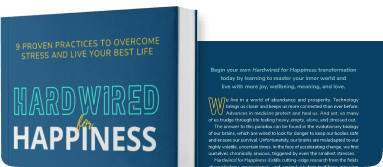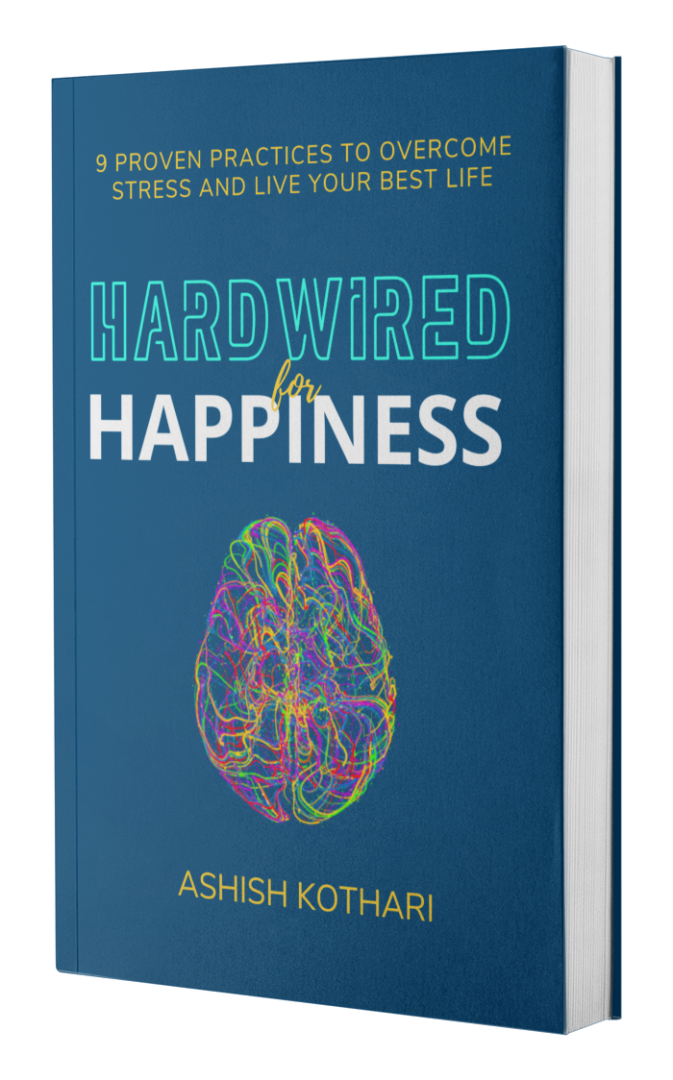How to Improve Your Brain Health and Stay Sharp as You Age with Dr. Ryan Williamson

Cognitive decline doesn’t send a calendar invite. It starts quietly, disguised as missed details, mental fatigue, and sleep that doesn’t restore. And yet, most leaders are still downplaying their brain health, treating it as optional, not foundational to their overall performance and success.
In this article, Dr. Ryan Williamson, Neurologist and Founder of Transcend Health, breaks down the steps to improve your brain health—not just to prevent decline, but to fuel longevity and performance where it matters most: in your leadership and your life.
“Know that you are in control. You can stop sowing the seeds of your illness
and avoid prolonging your suffering.”
– Ashish Kothari.

Why Leaders Must Act Now to Improve Your Brain Health
The fast, demanding, and nonstop stressful leadership environment can take a toll on your health more than you think it would. We optimize strategy, goals, and org charts, thinking it would be a quick fix. Yet we often neglect the foundation that sustains all of it: our brain health.
If you’re experiencing chronic stress, poor sleep, inconsistent nutrition, and lack of recovery, you’re not just having lifestyle issues. They are actually cognitive risks that, if left unchecked, can accelerate aging, impair your focus, and increase your likelihood of neurodegenerative diseases like Alzheimer’s.
Most importantly, they drain your capacity to lead well, think clearly, and live meaningfully. If you want to show up with energy and clarity from this quarter and decades from now, you must take proactive steps to improve your brain health starting today. Here are a few practical ideas from Dr. Ryan:
The Four Pillars to Improve Your Brain Health and Longevity
There are fundamental habits that we often overlook but are extremely accessible and deeply transformative when consistently practiced:
- Sleep Is Non-Negotiable
Forget hustle culture. Your brain repairs, detoxes, and resets only during sleep. Prioritize it if you want to keep your long-term clarity, creativity, and emotional regulation in tact. Sleep is the only time your body repairs itself. It’s the only time you consolidate and form new memories. And your immune function, metabolism, blood pressure—it all depends on it.
You can start improving your sleep by doing three things:
- Get morning sunlight within the first hour of waking. This anchors your circadian rhythm.
- Avoid caffeine after noon. Caffeine has a half-life of up to 10 hours. If you need it, consume it at the right time of day.
- Go to bed and wake up at consistent times. Sleep regularity matters more than sleep duration.

- Nutrition That Fuels, Not Fights, Your Brain
Your brain is made of fat, runs on glucose, and depends on micronutrients to function. What you eat either supports its resilience or accelerates its decline.
Ideally, you need a whole-food, plant-rich diet with healthy fats (like omega-3s), lean proteins, and minimal processed sugar. One powerful addition Dr. Ryan recommends is fish oil. About 60% of your brain is fat, and a big portion of that is DHA. Most people are deficient. Supplementing 1,500–2,000 mg of DHA and EPA daily can make a real difference.
Also consider magnesium, curcumin, and creatine—all backed by growing evidence for cognitive and cellular health.
- Stress Management Is Brain Management
You may not feel stressed, but your body knows. Chronic cortisol elevation disrupts insulin sensitivity, impairs memory, and damages brain tissue over time. It raises blood pressure, impairs glucose metabolism, and can increase your risk for Alzheimer’s. But you can always reverse that by building a daily recovery ritual.
- Take short breaks every 90 minutes.
- Try breathwork, meditation, or even a 10-minute walk.
- Schedule thinking time—don’t fill every empty calendar slot.
Simply, help your brain by taking a break.
- Movement That Builds Cognitive Muscle
Did you know that exercise doesn’t just shape your body? It also rebuilds your brain. It increases blood flow, boosts BDNF (a brain growth factor), and improves deep sleep.
Dr. Ryan recommends intentional movement, ideally in the morning, to signal the body it’s time to wake up and repair later during rest. A solid morning workout has been shown to improve the quality of deep sleep later that night. It’s all about building a rhythm of consistent motion your brain and body can rely on.

Why Community Is the Key to Improving Your Brain Health
Let’s be honest: most of us already know what to do with our health, but we don’t do it. Why? Often because no one holds us accountable. Change doesn’t happen in isolation. It happens in community, with support, accountability, and shared motivation.That’s why we do what we do at Happiness Squad, and why Dr. Ryan built Transcend Health. We established these initiatives as more than just knowledge platforms. It’s a membership-based wellness ecosystem with live group coaching, peer accountability, and a space where brain health becomes a shared priority—not just another solo project.
“Once you find your purpose, move toward it. From there, you can reverse-engineer a plan, a lifestyle that brings you closer to that goal, or allows you to do more of what you love.”
– Dr. Ryan Williamson
Even when you know your purpose for improving your brain health, staying on the path is hard. That’s where community matters. Over time, that’s how real transformation happens. If you want to improve your brain health and stay consistent, don’t do it alone.
Conclusion
Don’t wait until you crash to course-correct. You could feel more clarity, energy, and emotional control now if you choose it. After all, you are in full control. The only way to avoid the cognitive decline that so many others assume is “just part of aging” is to take the first step to improving your brain health as early as now.
The goal isn’t just to live longer. It’s to live better—for longer. To stay sharp, intentional, and connected to what matters most. It starts with a choice:
Will you invest in your brain before it’s too late?
Learn more about Ryan at his Linkedin.
Listen to the podcast with Ashish and Ryan below.
Access and subscribe to all of the episodes of the Flourishing Edge Podcast here.
Visit the REWIRE Program powered up by the HAPPINESS SQUAD Community and experience your shift within your 30-day risk-free trial today. Cultivate your Self-Awareness, Gratitude, Purpose, Community, and personal growth more through the 9 Hardwired for Happiness practices. Integrate simple and proven micro-practices grounded in the science of happiness and neuroscience of habit formation in 5 minutes a day.
Make Flourishing Your Competitive Edge.


